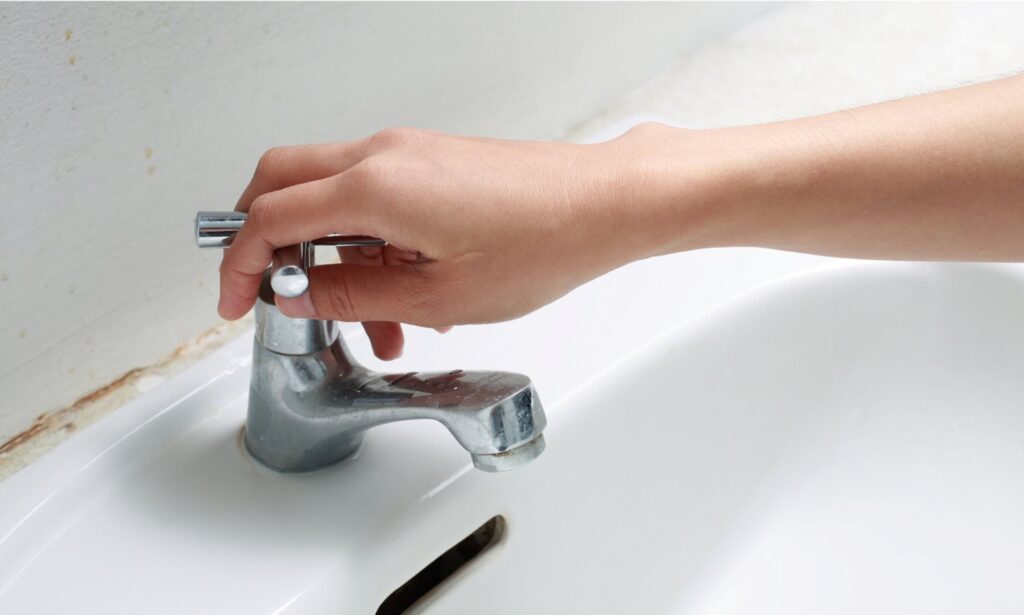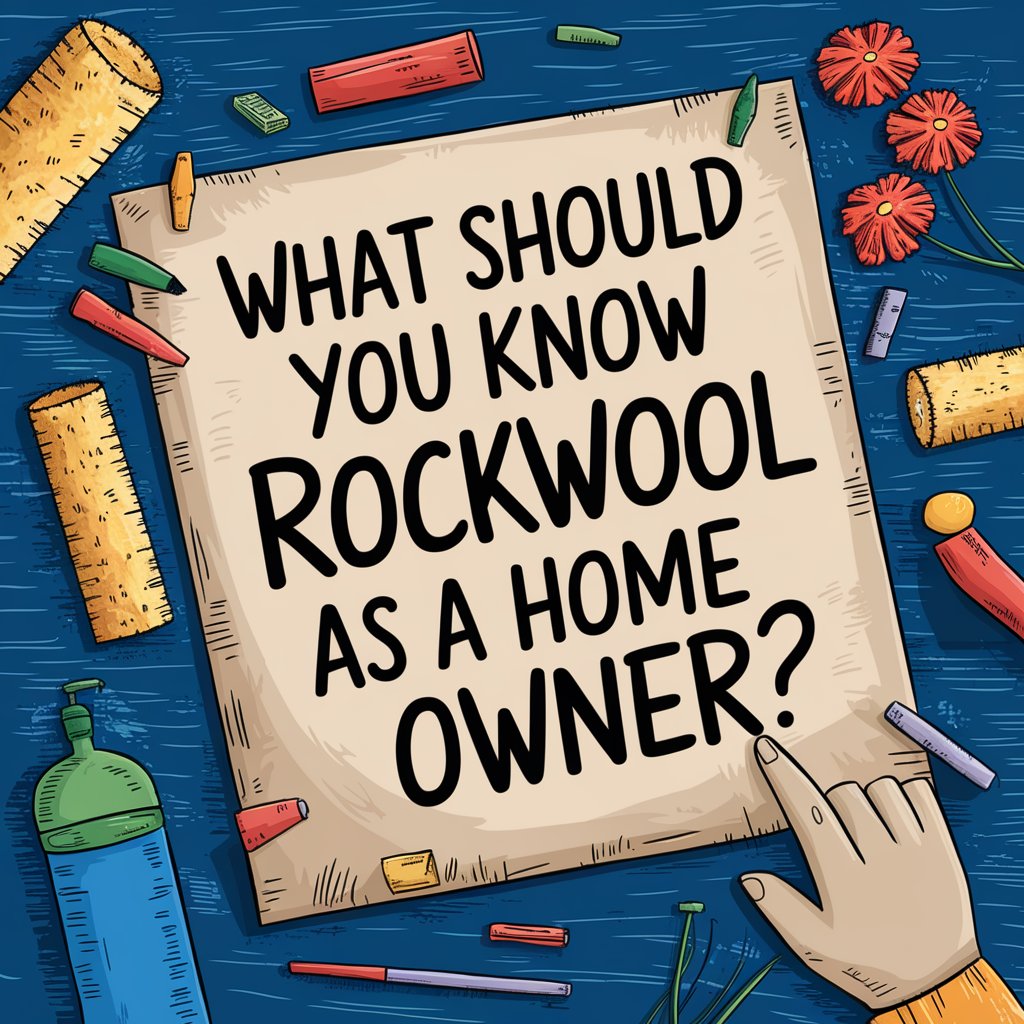Your boiler is one of the most important systems in your home. It keeps you warm in the winter, provides hot water all year round, and is vital for maintaining comfort and hygiene. But like all appliances, boilers don’t last forever. Over time, they become less efficient, more prone to breakdowns, and increasingly expensive to maintain, warns Limestone Country Management experts.
Knowing when to replace your boiler can save you money, improve energy efficiency, and prevent the inconvenience of unexpected failures. In this article, we’ll explore the key signs that it’s time for a replacement, the benefits of upgrading, and why consulting a local plumber like J Ford Heating and Plumbing is the smart way to go.
1. Your Boiler is Over 10 to 15 Years Old
Boilers are built to last, but even the best models have a shelf life. Most modern boilers have an average lifespan of around 10 to 15 years. After that point, performance tends to decline, even with regular maintenance. You may find it’s no longer as efficient, takes longer to heat your home, or costs more to run.
If your boiler is approaching or has passed the 15-year mark, it’s worth considering a replacement—especially if you’ve already noticed some performance issues.
2. Rising Energy Bills
An older boiler has to work harder to produce the same amount of heat, meaning it consumes more energy. This inefficiency can quickly translate into higher energy bills. Modern condensing boilers are far more energy-efficient and are rated for their ability to reduce household energy consumption.
If you’ve noticed a gradual or sudden increase in your heating costs, your boiler could be to blame. Upgrading to a new A-rated boiler could save you hundreds of pounds a year, depending on your current system.
3. Frequent Breakdowns and Repairs
If you’re constantly calling out an engineer for repairs, it’s probably time to replace your boiler. While individual repairs might seem cheaper in the short term, the costs add up quickly. Not only that, frequent breakdowns cause major disruption and can even leave you without heating or hot water when you need it most.
A new boiler provides peace of mind and comes with a manufacturer’s warranty—usually ranging from five to ten years—meaning you won’t have to worry about costly repair bills any time soon.
4. It’s No Longer Meeting Your Household’s Needs
Over time, your household’s needs may change. Perhaps your family has grown, you’ve added an extension, or you now use more hot water than your current system can handle. If your boiler is struggling to keep up, it may be undersized or simply outdated.
Newer models come with features like smart thermostats, better pressure control, and faster water heating, making them more adaptable to modern homes.
5. Strange Noises or Leaks
Unusual sounds—like banging, clunking, or whistling—can signal a serious issue with your boiler. These noises may come from trapped air, limescale build-up, or a failing pump or fan. While some problems can be fixed, persistent or worsening noises are a sign your boiler is on its last legs.
Leaks are another red flag. A leaking boiler can damage your home, reduce water pressure, and pose a safety risk. If leaks persist, replacing the boiler is usually the safest and most cost-effective option.
6. Yellow Flame or Fumes
Your boiler’s flame should always be a strong, clear blue. If it’s yellow or orange, it could indicate incomplete combustion—a potentially dangerous problem. This could be a sign that the boiler is producing carbon monoxide, an odourless, deadly gas.
If you ever suspect carbon monoxide leakage, switch off the boiler, open windows, and call an engineer immediately. In cases like this, replacing the boiler is not only wise but necessary for your household’s safety.
7. It’s Outdated or No Longer Supported
Some older boiler models are no longer supported by manufacturers, meaning spare parts are hard to find or very expensive. This can make even minor repairs a major headache. Plus, older systems may not be compatible with modern energy-saving technologies like smart thermostats, solar panels, or heat pumps.
Upgrading your boiler allows you to benefit from the latest advancements in heating technology and ensures you’re not left high and dry when a part fails.
8. You’re Planning a Home Renovation
If you’re upgrading your kitchen, bathroom, or adding an extension, it’s a great time to think about replacing your boiler. New construction may place additional demands on your hot water and heating systems, so it makes sense to install a more efficient, appropriately sized unit.
Doing it all at once can save time and labour costs compared to upgrading later, and you can design your renovation around the most effective and modern heating solutions available.
9. You Want to Reduce Your Carbon Footprint
Energy efficiency isn’t just about saving money—it’s also about reducing your environmental impact. Older boilers typically waste a significant amount of energy, especially if they’re non-condensing models. A new condensing boiler recycles heat from exhaust gases, using less fuel to do the same job.
By switching to an energy-efficient model, you’ll reduce your household’s CO2 emissions and play a small but meaningful role in tackling climate change.
10. You’re Selling or Renting Your Home
If you’re planning to sell or rent your home, an old or faulty boiler can be a dealbreaker. Modern buyers and tenants expect a safe, efficient heating system. A new boiler boosts your property’s Energy Performance Certificate (EPC) rating and can make your home more attractive on the market.
It’s a worthwhile investment that can help your property stand out and may even increase its resale value.
Final Thoughts
Your boiler is at the heart of your home. When it’s working well, you hardly notice it—but when it starts to fail, the impact can be felt everywhere. Replacing your boiler may seem like a big step, but the benefits are significant: improved energy efficiency, lower bills, better heating performance, and peace of mind.
If you’re unsure whether it’s time to replace yours, get in touch with a local plumber who can assess your system and provide honest advice tailored to your home and budget. A proactive approach now could save you stress, money, and chilly mornings down the line.



